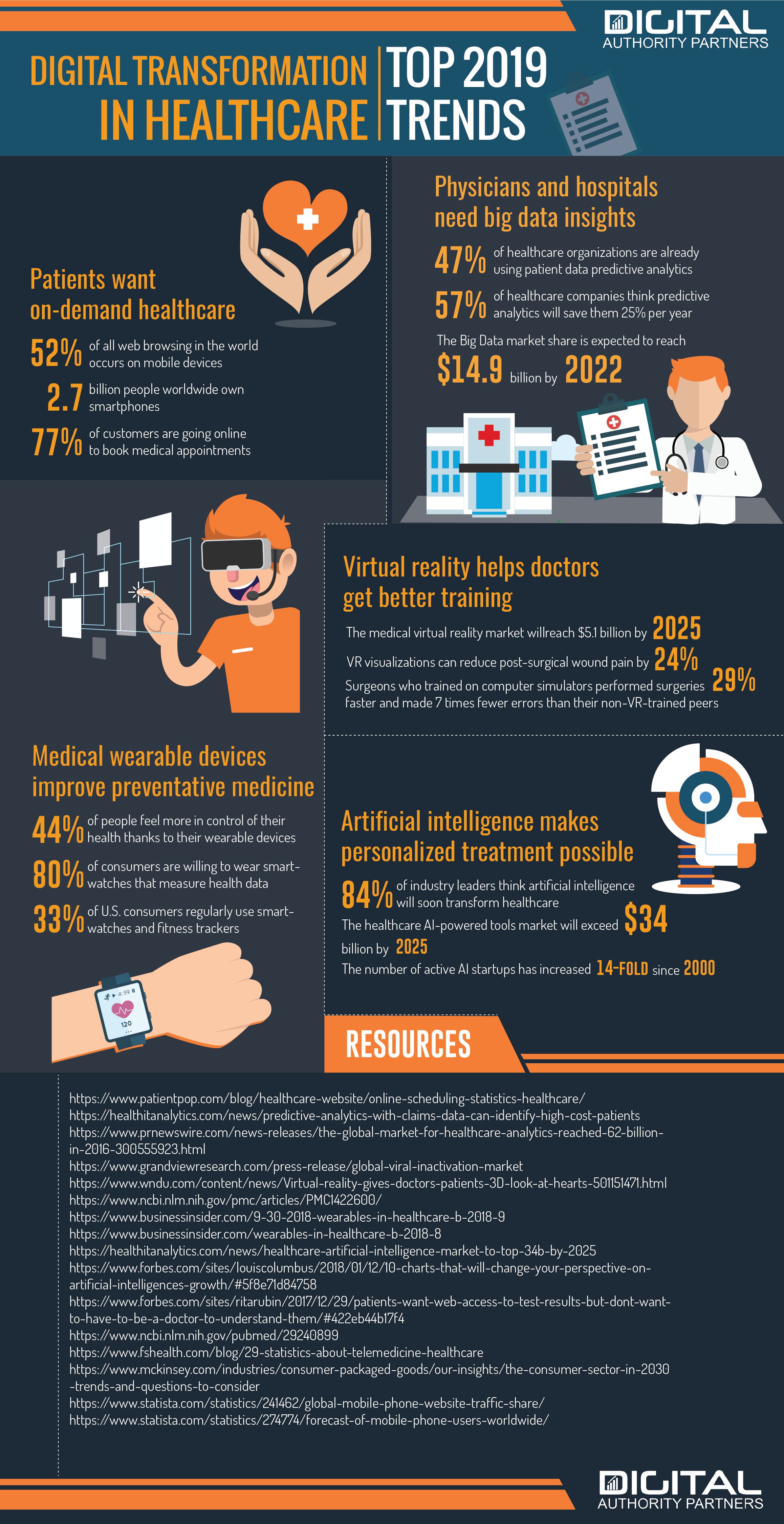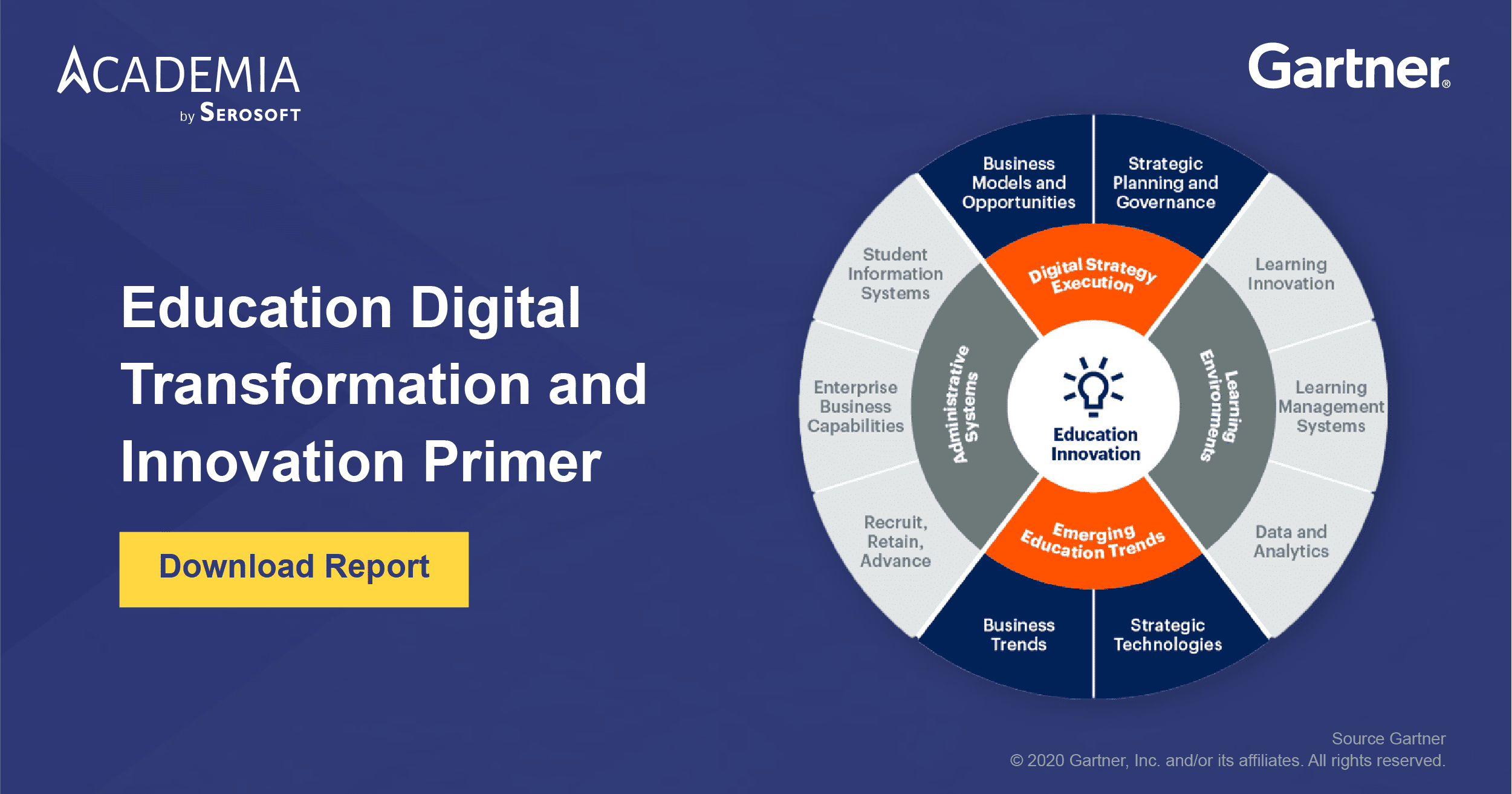World Updates | Update information about politics and social around the world
DPh 2025: Digital Transformation For A Sustainable And Resilient Healthcare Future
A Report on "DPh 2025: Digital Transformation For A Sustainable And Resilient Healthcare Future" was published to accelerate progress towards the vision of digital transformation in the healthcare sector.
We analyzed the report and developed this guide to help you understand the key takeaways, including the benefits and challenges of digital transformation in healthcare.
Key Takeaways
Transition to main article topics
FAQ
This FAQ section provides answers to commonly asked questions regarding "DPh 2025: Digital Transformation For A Sustainable And Resilient Healthcare Future". It aims to clarify key concepts and address any potential concerns or misconceptions.

Unveiling the Future of Healthcare: MGMA Conference 2025 - Source verzuztvshow.com
Question 1: What is the primary focus of DPh 2025?
DPh 2025 emphasizes the transformative role of digitalization in shaping the future of healthcare. It aims to empower healthcare systems with cutting-edge technologies to enhance efficiency, sustainability, resilience, and accessibility.
Question 2: How does digital transformation contribute to sustainability in healthcare?
Digital technologies reduce environmental impact by optimizing energy consumption, minimizing waste, and enabling remote patient monitoring. They also facilitate the transition to paperless operations, reducing carbon footprint and promoting sustainability.
Question 3: What are the resilience benefits of digital transformation in healthcare?
Digital technologies enhance healthcare resilience by providing real-time data, enabling better decision-making during emergencies, and ensuring continuity of care in the face of disruptions. They also support remote healthcare delivery, expanding access to services in underserved areas.
Question 4: How does DPh 2025 address privacy and security concerns?
DPh 2025 prioritizes data protection and privacy. It mandates the implementation of robust cybersecurity measures, compliance with relevant regulations, and ethical use of patient information. The framework also promotes transparency and patient consent in data handling.
Question 5: What are the key challenges in implementing DPh 2025?
Challenges include infrastructure gaps, lack of digital literacy, resistance to change, and the need for interoperability among different systems. Overcoming these challenges requires collaboration, stakeholder engagement, and continuous education.
Question 6: How can healthcare organizations prepare for the digital transformation outlined in DPh 2025?
Preparation involves assessing current capabilities, developing a digital roadmap, investing in infrastructure, training staff, and fostering a culture of innovation. Organizations must leverage partnerships, leverage data analytics, and continuously monitor progress to achieve the desired outcomes.
In summary, DPh 2025 recognizes the critical role of digital transformation in creating a more sustainable, resilient, and equitable healthcare system. By addressing common concerns and providing guidance, this FAQ empowers stakeholders to embrace these transformative changes and contribute to a healthier and more sustainable future.
To learn more about DPh 2025 and its implications for the healthcare industry, please refer to the other sections of this article.
Tips

5 Powerful Steps To Craft A Resilient Financial Plan For A Sustainable - Source financekita.com
The digital transformation of healthcare is critical for building a sustainable and resilient healthcare system. Here are some tips to guide this transformation:
Tip 1: Focus on patient-centered care
Digital technologies should be used to improve the patient experience and outcomes. This includes providing patients with easy access to their medical records, allowing them to communicate with their healthcare providers remotely, and empowering them to make informed decisions about their care.
Tip 2: Leverage data and analytics
Healthcare data can be used to improve the quality of care, reduce costs, and predict and prevent disease. By leveraging data and analytics, healthcare providers can gain a better understanding of their patients' needs and develop more personalized and effective care plans.
Tip 3: Invest in cybersecurity
The healthcare industry is a prime target for cyberattacks. It is essential for healthcare organizations to invest in robust cybersecurity measures to protect patient data and ensure the continuity of care.
Tip 4: Foster collaboration and innovation
The digital transformation of healthcare requires collaboration between healthcare providers, technology companies, and patients. By working together, these stakeholders can develop innovative solutions that improve the quality, accessibility, and affordability of healthcare.
Tip 5: Embrace a culture of continuous improvement
The digital transformation of healthcare is an ongoing process that requires a culture of continuous improvement. Healthcare organizations should be willing to experiment with new technologies and learn from their mistakes. By embracing a culture of continuous improvement, healthcare organizations can ensure that they are always providing the best possible care to their patients.
For more information on the digital transformation of healthcare, please refer to DPh 2025: Digital Transformation For A Sustainable And Resilient Healthcare Future.
DPh 2025: Digital Transformation For A Sustainable And Resilient Healthcare Future
DPh 2025 envisions a healthcare system that leverages digital technologies to enhance sustainability and resilience. This transformation encompasses various crucial aspects:
- Data-driven healthcare: Harnessing data to improve decision-making, personalize treatments, and prevent diseases.
- Virtual care: Expanding access to healthcare through remote consultations, monitoring, and support.
- Connected devices: Integrating wearable devices and sensors to track health metrics, facilitate remote monitoring, and empower patients.
- Artificial intelligence: Utilizing algorithms to analyze data, automate tasks, and provide personalized insights.
- Cybersecurity: Ensuring the privacy and security of sensitive health data in the digital realm.
- Sustainability: Reducing healthcare's environmental impact through paperless systems, energy-efficient technologies, and waste reduction.

High-Level Political Forum 2018: "Transformation towards sustainable - Source www.un.org
These aspects are vital for creating a healthcare system that is adaptable, efficient, and equitable. By embracing these advancements, DPh 2025 aims to foster a future where healthcare is accessible, sustainable, and responsive to the ever-evolving needs of patients and communities.

Climate Change Mitigation Strategies: Harnessing Technology for a - Source futureofus.tech
DPh 2025: Digital Transformation For A Sustainable And Resilient Healthcare Future
"DPh 2025: Digital Transformation For A Sustainable And Resilient Healthcare Future" presents a comprehensive strategy for leveraging digital technologies to enhance healthcare delivery. This transformation is crucial for creating a healthcare system that meets the evolving needs of patients, providers, and society in the face of growing challenges such as chronic diseases, an aging population, and resource constraints. By embracing digital innovation, we can improve patient outcomes, enhance operational efficiency, empower healthcare professionals, and foster a more sustainable and resilient healthcare system.

Gartner Digital Transformation Framework - Source mavink.com
The report highlights key areas for digital transformation, including:
- Telehealth and remote patient monitoring to improve access to care and reduce costs.
- Electronic health records (EHRs) to enhance data sharing and coordination of care.
- Artificial Intelligence (AI) and machine learning to support clinical decision-making and streamline administrative tasks.
- Wearable devices and sensors to empower patients with real-time health data.
- Blockchain technology to secure and streamline healthcare transactions.
By implementing these digital solutions, healthcare providers can deliver more personalized, proactive, and efficient care. This leads to improved patient satisfaction, reduced healthcare costs, and better overall population health. Additionally, digital transformation can enhance the resilience of the healthcare system by enabling remote care delivery during emergencies or pandemics.
The successful implementation of "DPh 2025: Digital Transformation For A Sustainable And Resilient Healthcare Future" requires collaboration among stakeholders, including healthcare providers, policymakers, technology companies, and patients. It also demands investment in infrastructure, workforce training, and data security. By embracing digital innovation and working together, we can create a healthcare system that meets the challenges of the future and delivers better health outcomes for all.
Conclusion
"DPh 2025: Digital Transformation For A Sustainable And Resilient Healthcare Future" provides a roadmap for transforming healthcare through digital technologies. By embracing innovation and collaboration, we can create a healthcare system that is more accessible, efficient, patient-centered, and resilient. This transformation will lead to better health outcomes, reduced costs, and a more sustainable future for healthcare.
The future of healthcare is digital. By embracing digital transformation, we can create a healthcare system that meets the needs of the future and delivers better health outcomes for all.